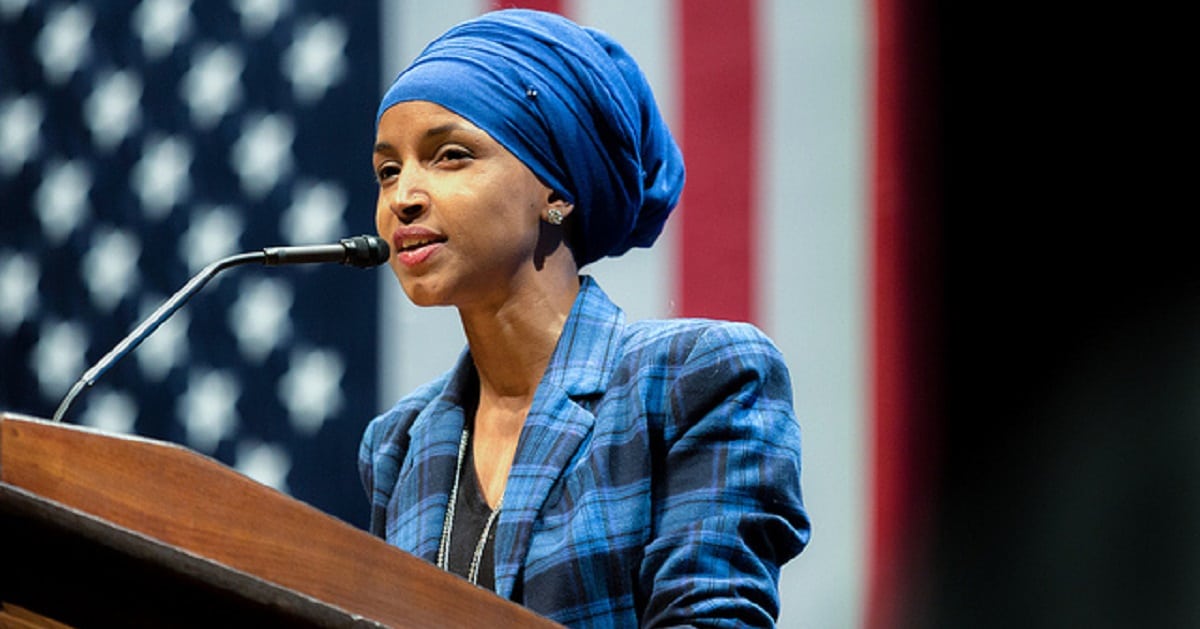





A Florida federal judge, Aileen Cannon, is under intense scrutiny after failing to disclose her attendance at a May 2023 conservative banquet, raising concerns about potential conflicts of interest.
The Independent reported that Cannon, who has faced previous criticism for her rulings, did not report her presence at an event honoring the late Justice Antonin Scalia.
The event was funded by a conservative law school and attended by prominent right-wing legal figures, further complicating her involvement in a high-profile case involving former President Donald Trump.
Ethical concerns have mounted around Cannon’s lack of disclosure and her handling of Trump’s classified documents case, sparking questions about impartiality and legal ethics.
Judge Cannon’s attendance at the May 5, 2023, banquet, hosted by George Mason University, should have been reported under a 2006 rule that mandates judges disclose their participation in paid seminars if a potential conflict of interest exists.
The event was notable for its attendees, including Chief Judge William H. Pryor Jr. of the 11th Circuit Court of Appeals, who is currently involved in reviewing an appeal of Cannon’s decision in the Trump case. Her failure to file timely disclosures has led ethics watchdogs and legal experts to raise alarms.
This is not the first time Cannon’s conduct has come into question. In prior instances, she failed to report luxury trips to Montana for events also hosted by George Mason University in 2021 and 2022. Those trips were only disclosed after being flagged by media outlets, raising concerns about the judge’s adherence to transparency requirements.
Despite her annual disclosure form for 2022 being due in May, as of this writing, the form has yet to be made public. This lack of compliance with federal disclosure rules has drawn attention, particularly in light of her role in dismissing the special counsel’s classified documents case against Trump.
Special counsel Jack Smith, who initially brought the case against Trump, criticized Cannon’s ruling, calling it "nonsensical" and out of step with established legal precedent. Smith urged a federal appeals court to overturn her decision, further intensifying the scrutiny on her impartiality.
The watchdog group Citizens for Responsibility and Ethics in Washington (CREW) has been vocal in its criticism of Cannon.
CREW is actively seeking to have her decision overturned and to remove her from the Trump case, accusing her of “active judicial interference and advocacy.” Virginia Canter, chief ethics counsel for CREW, emphasized the public’s right to expect full compliance with the law from judges.
The rising criticism of Cannon fits within a wider pattern of increasing scrutiny on federal judges, particularly after revelations surrounding Justice Clarence Thomas.
Thomas came under fire for failing to disclose luxury trips paid for by Republican megadonor Harlan Crow, which led to public outcry and renewed calls for stronger judicial transparency laws.
Thomas’s wife, Ginni Thomas, has also faced significant scrutiny for her political activism, particularly in the wake of the 2020 presidential election.
Judge Cannon now finds herself as the latest in a series of high-profile judicial figures under the spotlight for failing to disclose important information, further undermining public confidence in the impartiality of the courts.
Special counsel Jack Smith has appealed Cannon’s ruling in the Trump classified documents case, arguing that her decision goes against legal precedent and common practice. He pointed to Supreme Court rulings that contradict her position, further questioning her legal reasoning.
Leftist legal experts have expressed similar concerns, with some noting that her decision could have far-reaching implications for other classified documents cases. These developments have only added to the pressure on Cannon to answer for her actions.



